New Jersey Climate News
News Aggregation from the NJ Climate Change Resource Center
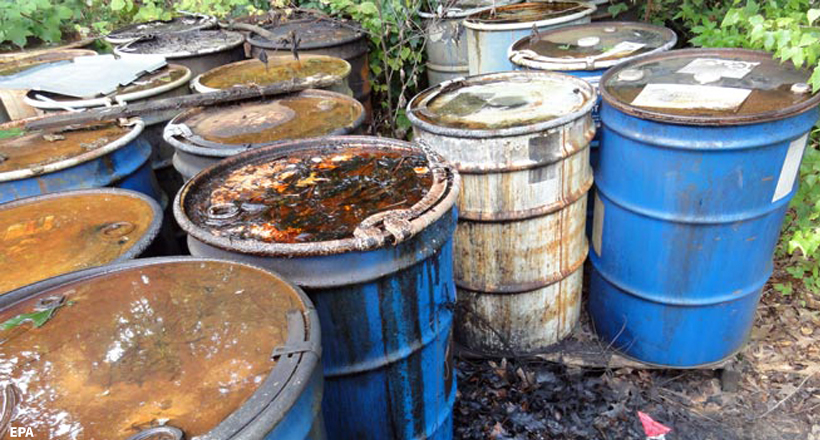
ENVIRONMENTAL JUSTICE
Rutgers University to Receive Almost $800K to Help Small Businesses Across NJ Reduce Hazardous Waste
Pollution Prevention Grant will advance Environmental Justice
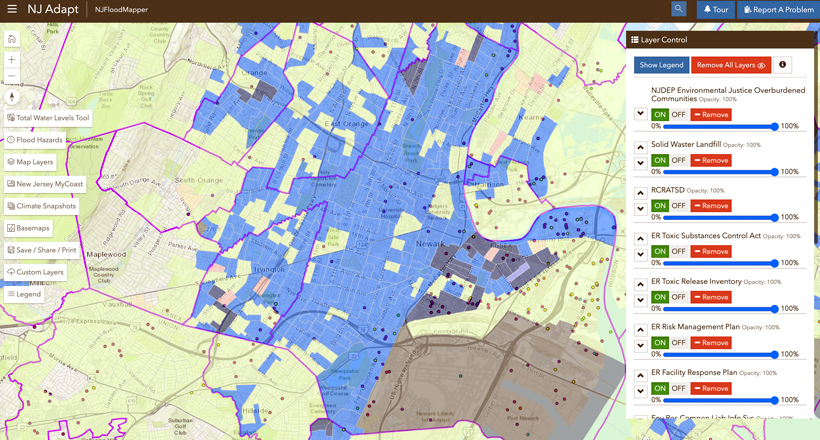
NJADAPT can be used to map a wide range of hazards, including flooding, heat, and hazardous materials, within overburdened communities.
“This initiative contributes to New Jersey’s efforts to advance community-led solutions to minimize hazards that are exacerbated by changing climate conditions,” said Jeanne Herb, Executive Director of the Bloustein School Environmental Analysis & Communications Group and Co-Director of the New Jersey Climate Change Resource Center at Rutgers University. “Reducing exposures to hazardous materials that may be used, generated or transported in flood-prone areas, especially in environmental justice communities, is a win-win for communities and businesses both.”
“Bringing environmental equity to and improving the health of people who live and work in our overburdened communities is of the highest priority to the Murphy Administration,” said New Jersey Environmental Protection Commissioner Shawn M. LaTourette. “My DEP colleagues and I wish to express our gratitude to Administrator Garcia and the U.S. Environmental Protection Agency for providing this funding to Rutgers University to help small businesses reduce or eliminate the hazardous substances they use. The Department of Environmental Protection looks forward to working closely with Rutgers and community organizations to provide the technical assistance that will make these goals a reality.”
“This federal investment in New Jersey will empower small businesses to improve health and the environment across our state,” said U.S. Senator Cory Booker. “I’m proud to see Rutgers University receive this funding so that it can provide small businesses with the technical assistance to reduce the harmful impact of hazardous substances in disadvantaged communities.”
“Today, more transformational funding to prevent toxic pollution is on its way to New Jersey from the Bipartisan Infrastructure Law,” said U.S. Representative Frank Pallone (NJ-06). “The Pollution Prevention Grants to Advance Environmental Justice Program breaks down barriers to resources and access to information so facilities can more easily reduce hazardous substances that harm public health. I congratulate Rutgers University for receiving a grant to carry out this important work for New Jerseyans and thank President Biden for his partnership in prioritizing environmental justice.
The Environmental Justice in Communities grant program will provide pollution prevention technical assistance to businesses to improve human health and the environment in disadvantaged communities. The Environmental Justice Through Safer and More Sustainable Products grant program will assist businesses to increase the supply, demand, and use of safer and more sustainable products, such as those certified by EPA’s Safer Choice program, or that conform to EPA’s Recommendations for Specifications, Standards and Ecolabels for Federal Purchasing.
EPA’s Pollution Prevention Grant Program advances President Biden’s Justice40 Initiative, which aims to deliver 40 percent of the overall benefits of certain federal investments to disadvantaged communities that are marginalized by underinvestment and overburdened by pollution.
Ensuring greater availability and use of safer and more sustainable products can reduce harmful chemical exposures and their human health and the environmental impacts in disadvantaged communities and create a more sustainable and accessible marketplace. These efforts will continue to benefit businesses and communities across the nation by capturing what works and what can be adjusted in other communities. Recipients will share successful practices that are new or not widely known, as well as lessons learned, so that future businesses and communities can continue to innovate.
EPA anticipates awarding the grants once all legal and administrative requirements are satisfied.
Background:
The United States generates millions of tons of pollution each year and spends billions of dollars per year controlling this pollution. Once in our environment, this pollution harms human and environmental health, which disproportionally impacts underserved communities. Preventing pollution at the source, also known as P2 or source reduction, rather than managing waste after it is produced, is an important part of the solution landscape, and advances a sustainable infrastructure that supports local economies while better protecting public health and the environment. P2 practices can reduce exposure to toxic chemicals, conserve natural resources, and reduce cleanup and financial costs for businesses, particularly for waste management and environmental liability. Practicing P2 is essential for protecting public health and improving environmental conditions in and around disadvantaged communities that have long been overburdened by pollution.
Between 2011-2021, EPA’s Pollution Prevention program has issued nearly 500 grants totaling more than $50 million, which have helped businesses identify, develop and adopt P2 approaches. These approaches have resulted in eliminating 19.8 million metric tons of greenhouse gases, saving 49 billion gallons of water, reducing 917 million pounds of hazardous materials and pollutants, and saving more than $2.2 billion for business.
President Biden’s Bipartisan Infrastructure Law is boosting these efforts by providing a historic $100 million to support the program’s continued efforts. Thanks to the Bipartisan Infrastructure Law, state and Tribal programs that are awarded grants will not be required to provide matching funds, which has helped expand access to these resources and broadened the applicant pool.
For more information about EPA’s Pollution Prevention Grant: Environmental Justice Program, visit EPA’s P2 website.
For more information about EPA’s tools for identifying communities that face disproportionate burdens, visit EPA’s EJ Screen page.
Follow EPA Region 2 on Twitter and visit our Facebook page. For more information about EPA Region 2, visit our website.
SUBSCRIBE
Get the latest updates from the NJ Climate Change Resource Center
SHARE THIS PAGE
LATEST HEADLINES

Trump revokes basis of US climate regulation, ends vehicle emission standards
VALERIE VOLCOVICI and DAVID SHEPARDSON / REUTERS
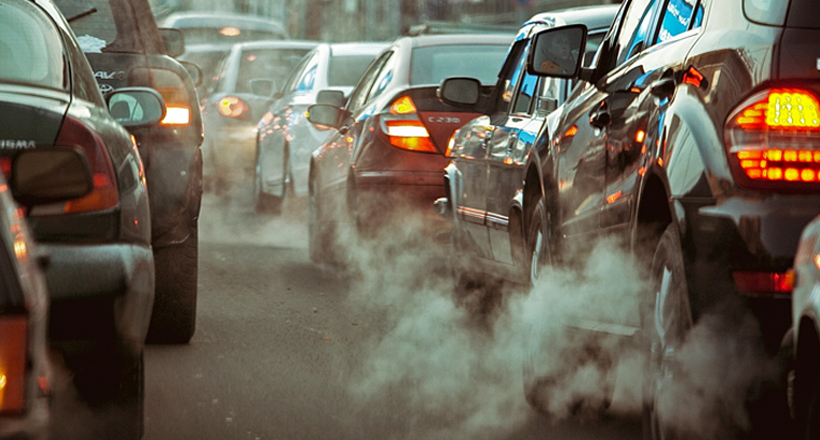
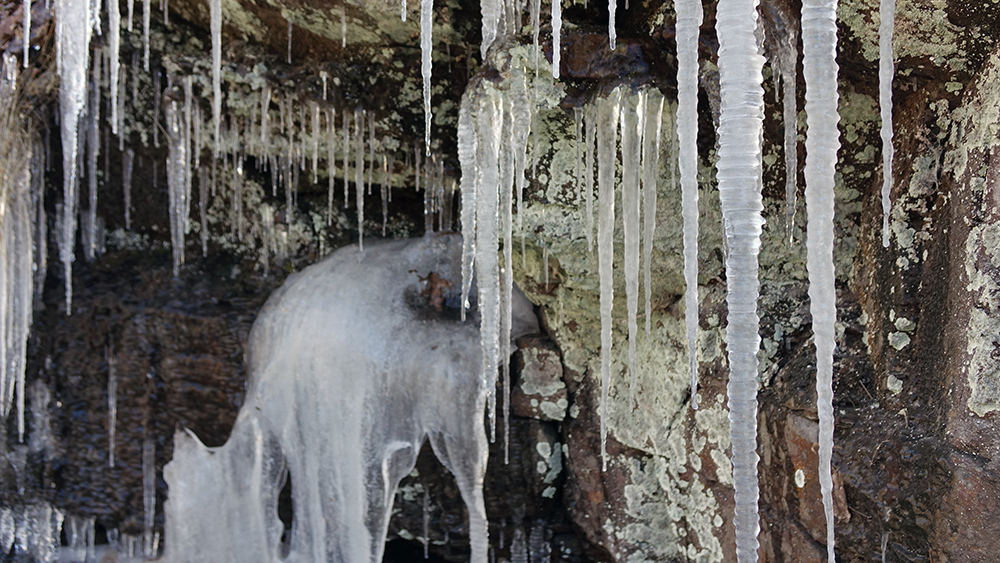
What’s up with this big freeze? Some scientists see climate change link
ERIC NIILER / NEW YORK TIMES

How does climate change affect winter storms?
SACHI KITAJIMA MULKEY / NEW YORK TIMES
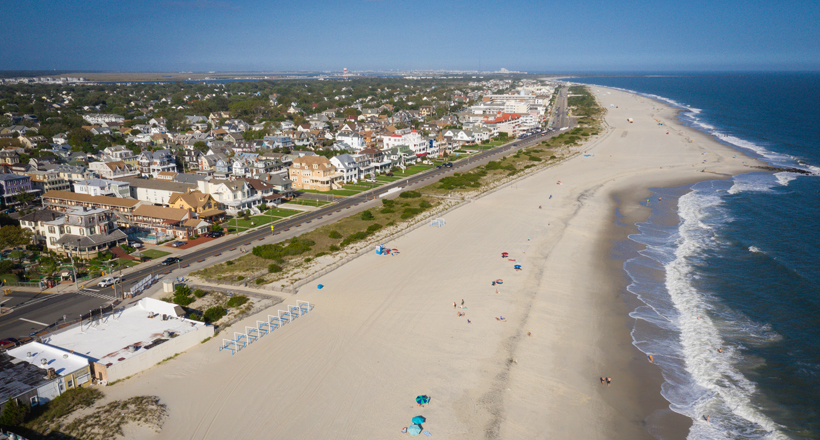
New Jersey finalizes higher elevation standards for the shore
SOPHIA SCHMIDT / WHYY
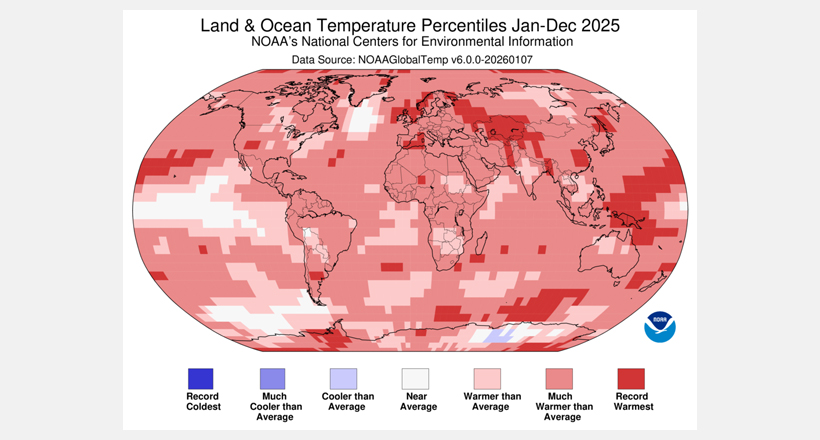

Ocean warming breaks record for ninth straight year
JOHNNY STURGEON / INSIDE CLIMATE NEWS

Where things stand on climate change in 2026
DANA NUCCITELLI / YALE CLIMATE CONNECTIONS

Trump quits pivotal 1992 climate treaty, in massive hit to global warming effort
SARA SCHONHARDT / POLITICO


2025 was one of three hottest years on record, scientists say
ALEXA ST. JOHN / AP / PBS
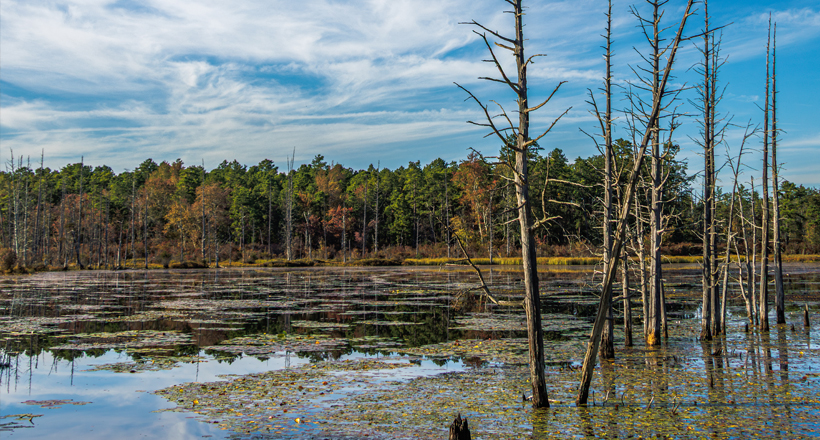
As Trump rolls back protections for wetlands, New Jersey maintains a higher standard
RAMBO TALABONG / INSIDE CLIMATE NEWS

What climate change means for white Christmases
SIMMONE SHAH / TIME
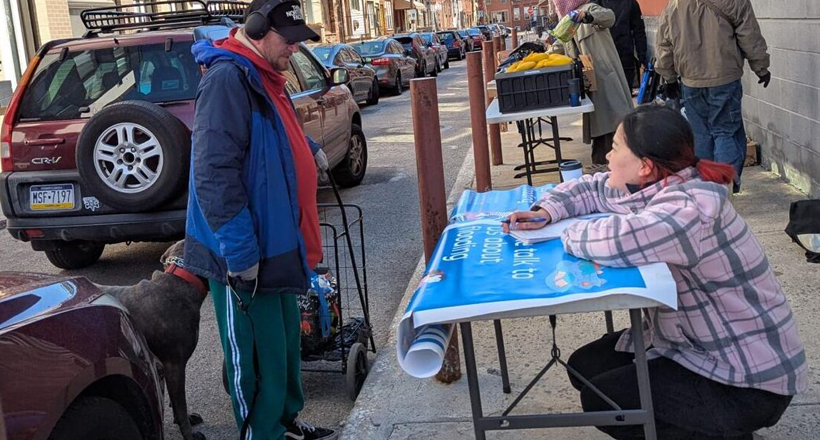

Federal judge strikes down Trump ban on offshore wind development
JOANNA GAGIS and MICHAEL SOL WARREN / NJ SPOTLIGHT NEWS
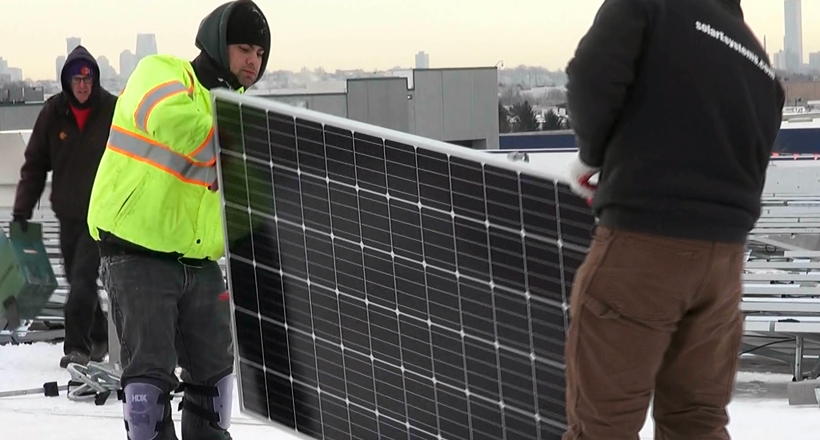
New Jersey has a new map for its energy future. The ground under it is already shifting.
RAMBO TALABONG / INSIDE CLIMATE NEWS
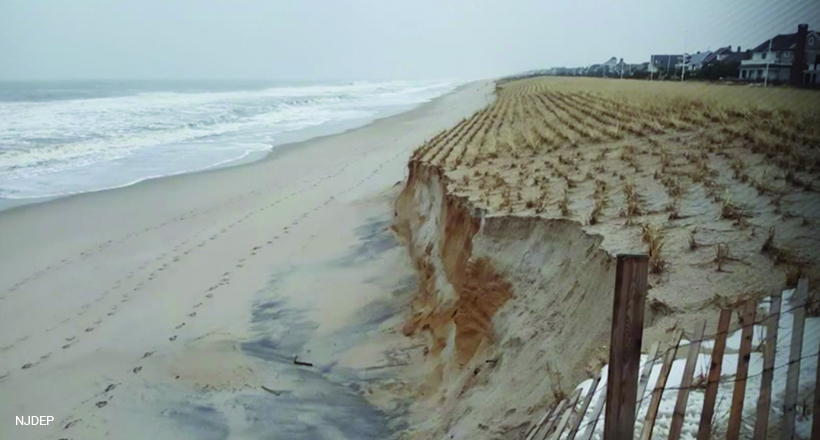
Floods and storms are ravaging the Jersey Shore. Why do we keep building it back?
SUSAN CRAWFORD / ROLLING STONE

Final push on to pass NJ’s 100% clean energy law
BRIANA VANNOZZI / NJ SPOTLIGHT
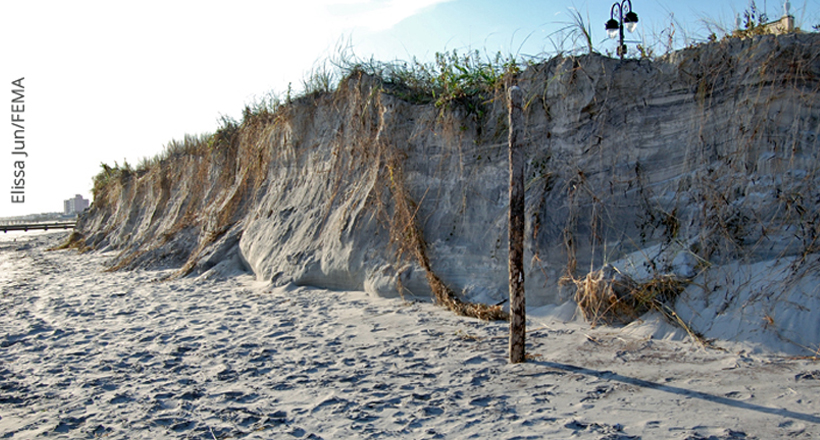
Federal funding freeze stalls New Jersey beach replenishment projects
REBECCA ACEVEDO / WHYY

Sea-level rise accelerates in New Jersey, raising coastal flooding risk, study says
JON HURDLE / INSIDE CLIMATE NEWS

New Jersey coasts, lined with toxic facilities, don’t fare well in two new studies
FRANK KUMMER / PHILADELPHIA INQUIRER

